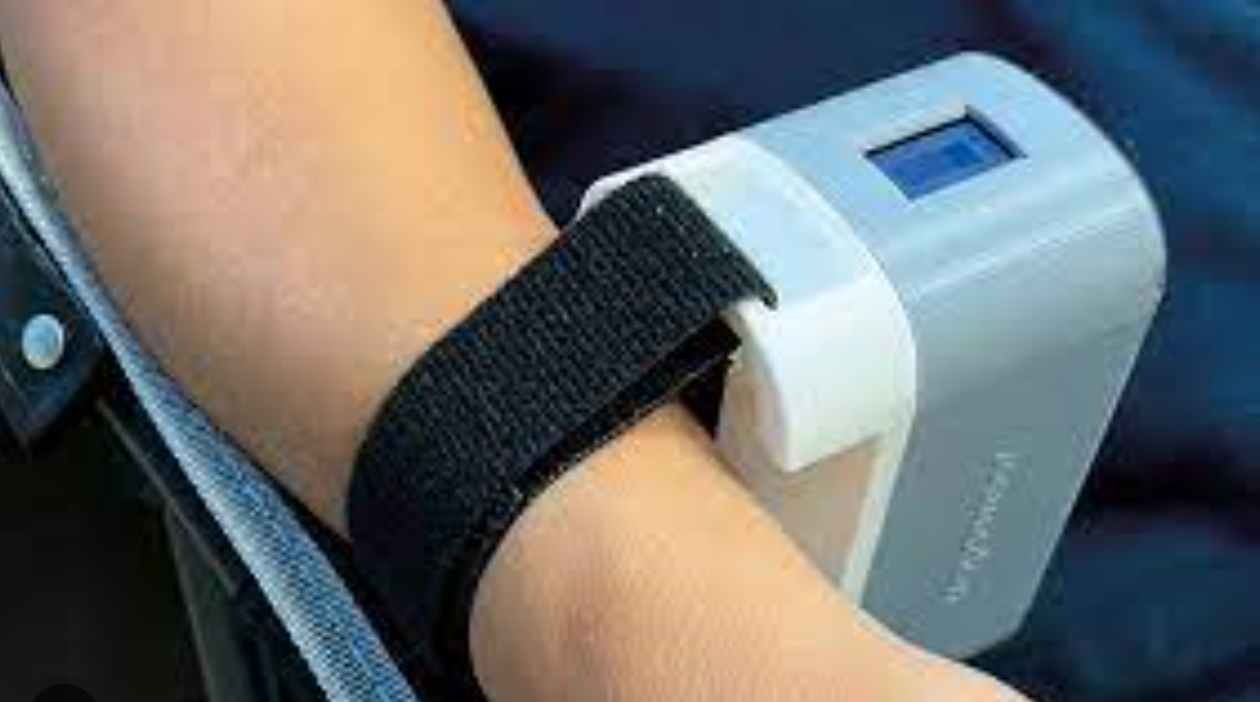UW’s Graham Nichol and Harborview Medical Center colleagues studying the reliability of a troponin-detecting, wrist-worn sensor in arriving cardiac arrest patients.
Identifying heart-vessel blockage quickly is crucial to ensuring rapid, appropriate intervention. Traditional EKG diagnosis can lack accuracy, and blood testing for troponin can take hours.
The novel “Tropsensor,” being commercialized by rce, is designed to detect high troponin levels within three to five minutes of application, will be tested on 30 patients during emergency care at Harborview.
In a related Robert Wood Johnson study of 238 patients led by Partho Sengupta, a wrist worn transdermal infrared spectrophotometric sensor successfully identified elevated high-sensitivity cardiac troponin-I (hs-cTnI) levels in patients hospitalized with ACS.
